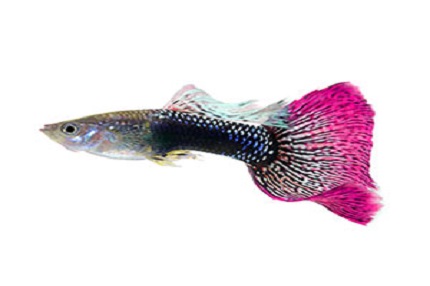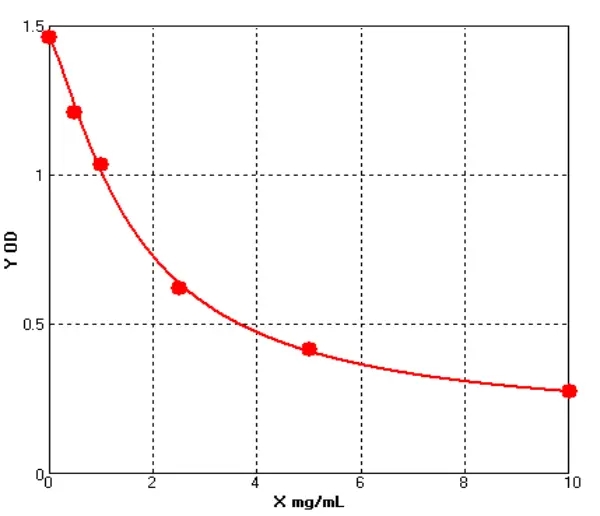Search ELISA Kits
Guinea Pig ELISA Kits Types
-
Guinea Pig E2 Estradiol ELISA kit (E05E0023)MANUAL
Cat. No.: E05E0023
Detection Range: 250-5000pg/mL
Reactivity: Guinea Pig
Sensitivity: 1.0pg/mL
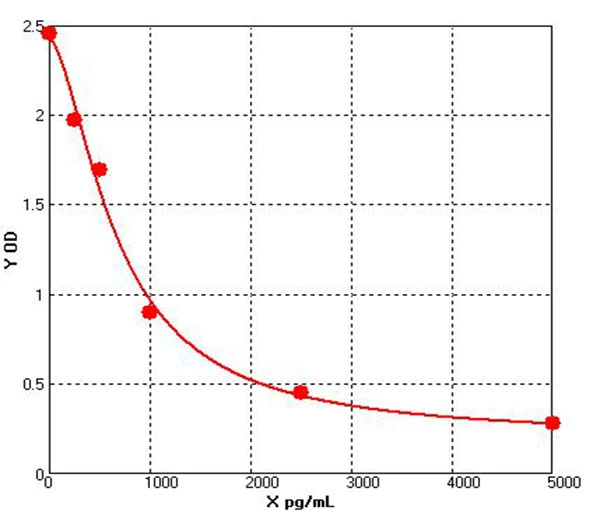
-
Guinea Pig Eosinophil Cationic Protein ELISA kit (E05E0125)MANUAL
Cat. No.: E05E0125
Detection Range: 100-2500 pg/mL
Reactivity: Guinea Pig
Sensitivity: 1.0 pg/mL
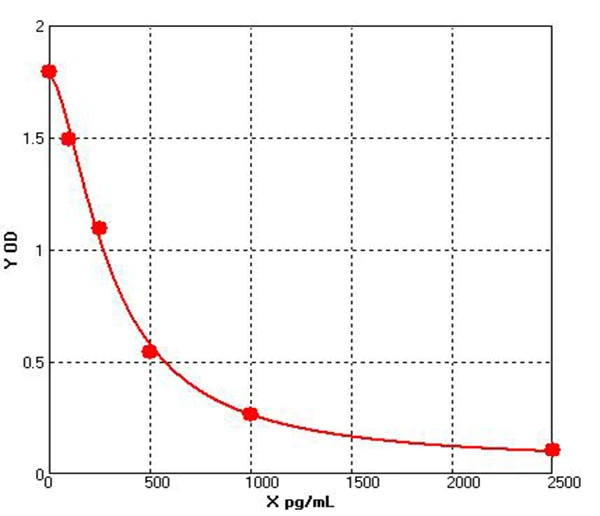
-
Guinea Pig Testosterone ELISA kit (E05T0007)MANUAL
Cat. No.: E05T0007
Detection Range: 0.5-10ng/mL
Reactivity: Guinea Pig
Sensitivity: 0.1ng/mL
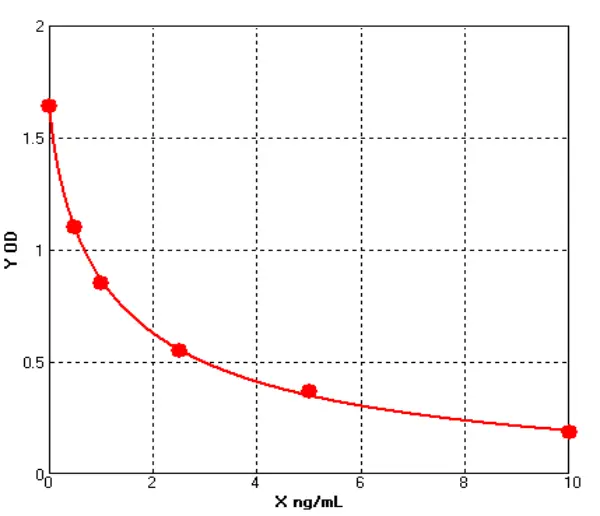
-
Guinea Pig Follicle Stimulating Hormone ELISA kit (E05F0001)MANUAL
Cat. No.: E05F0001
Detection Range: 2.5-50ng/mL
Reactivity: Guinea Pig
Sensitivity: 0.1ng/mL
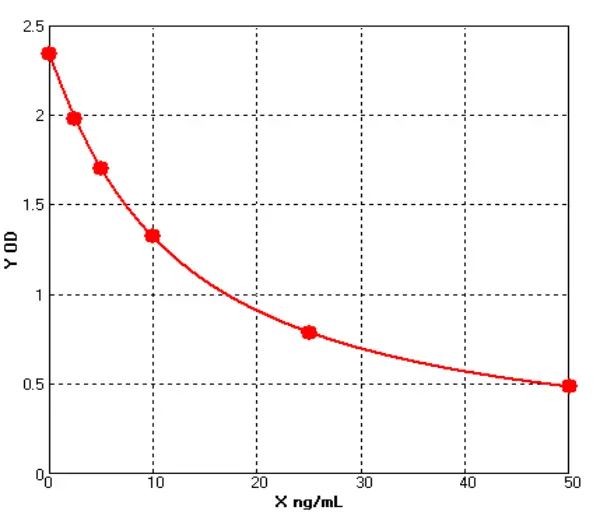
-
Guinea Pig Platelet activating factor ELISA kit (E05P0589)MANUAL
Cat. No.: E05P0589
Detection Range: 250-5000pg/mL
Reactivity: Guinea Pig
Sensitivity: 1.0pg/mL
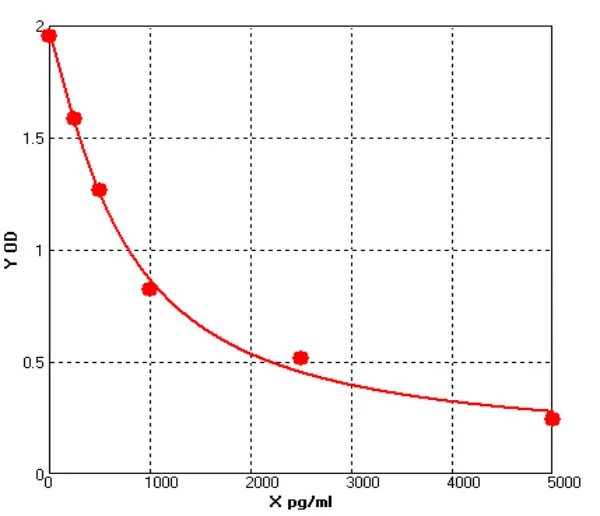
-
Guinea Pig Histamine ELISA kit (E05H0013)MANUAL
Cat. No.: E05H0013
Detection Range: 25-500pg/mL
Reactivity: Guinea Pig
Sensitivity: 1.0pg/mL
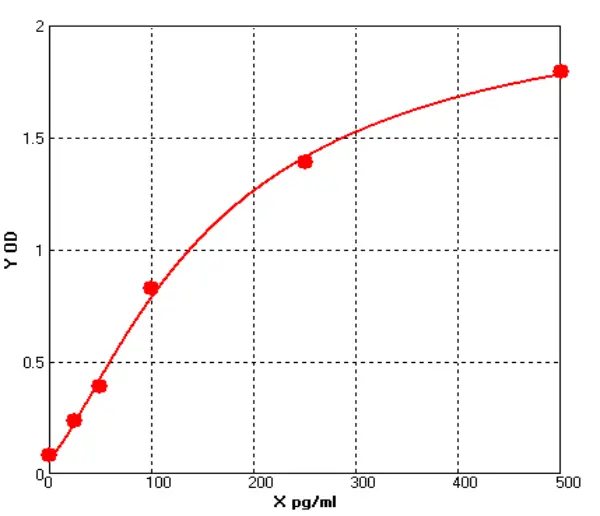
-
Guinea Pig Luteinizing Hormone ELISA kit (E05L0021)MANUAL
Cat. No.: E05L0021
Detection Range: 5-100ng/mL
Reactivity: Guinea Pig
Sensitivity: 1.0ng/mL
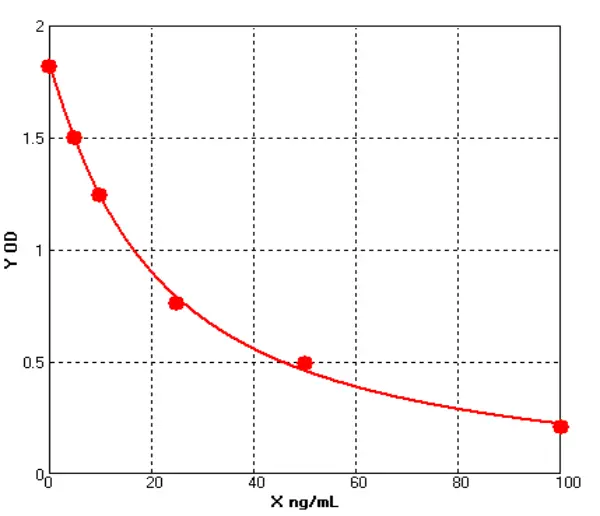
-
Guinea Pig Substance P ELISA kit (E05S0009)MANUAL
Cat. No.: E05S0009
Detection Range: 50-1000pg/mL
Reactivity: Guinea Pig
Sensitivity: 1.0pg/mL
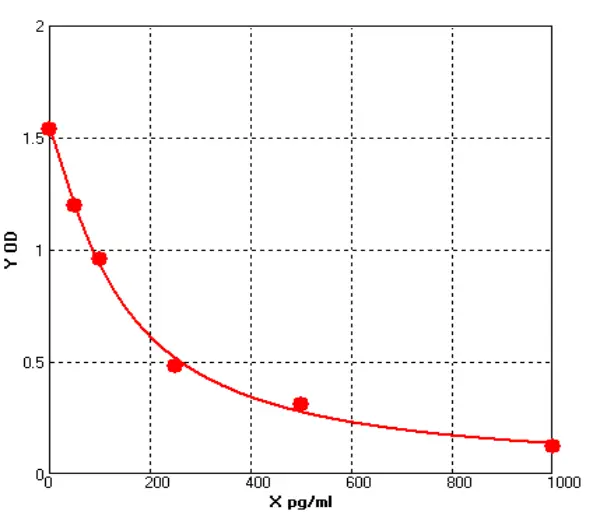
-
Guinea Pig Interferon γ ELISA kit (E05I0345)MANUAL
Cat. No.: E05I0345
Detection Range: 50-1000pg/mL
Reactivity: Guinea Pig
Sensitivity: 1.0pg/mL

-
Guinea Pig Interleukin 5 ELISA kit (E05I0024)MANUAL
Cat. No.: E05I0024
Detection Range: 50-1000pg/mL
Reactivity: Guinea Pig
Sensitivity: 1.0pg/mL

-
Guinea Pig Leukotriene B4 ELISA kit (E05L0037)MANUAL
Cat. No.: E05L0037
Detection Range: 50-1000pg/mL
Reactivity: Guinea Pig
Sensitivity: 1.0pg/mL

-
Guinea Pig Neutrophil Elastase ELISA kit (E05N0006)MANUAL
Cat. No.: E05N0006
Detection Range: 5-100ng/mL
Reactivity: Guinea Pig
Sensitivity: 1.0ng/mL

What Are The Significance Of Studying Guinea Pigs?
Guinea pig vaccination experiment has great significance in immunology, infectious disease research, pharmacy, nutriology, otology, and gnotobiotes. The complement in guinea pig serum is rich and stable, and the complement used in immunological experiments mostly comes from guinea pig serum. And guinea pigs have a long gestation period, the fetus is fully developed, and the morphology and function of young rats are mature, which is suitable for the test of the effects of drugs or toxins on the later development of the fetus. In addition, guinea pigs cannot synthesize vitamin C in their bodies, and they are not sensitive to vitamin C syndrome. They are ideal animal models for studying the experimental scurvy and physiological functions of vitamin C.
What Issues To Consider When Diluting Samples?
The sensitivity of the liquid sample is very high, and the matrix effect is very strong, so the concentration of the sample should not be too large. If there is matrix interference, it will affect the quantification, so purification treatment is very necessary, and it is needed to be diluted to reduce the matrix effect. Firstly, it is necessary to determine whether a high concentration is a false high positive matrix or a real high concentration sample. Secondly, it is necessary to dilute the sample with diluent without the target protein. Reduce the concentration of target antigen while avoiding matrix interference. Finally, determine the dilution ratio of the high-concentration sample, which should fall in the middle of the standard curve to present the best range of linearity.



